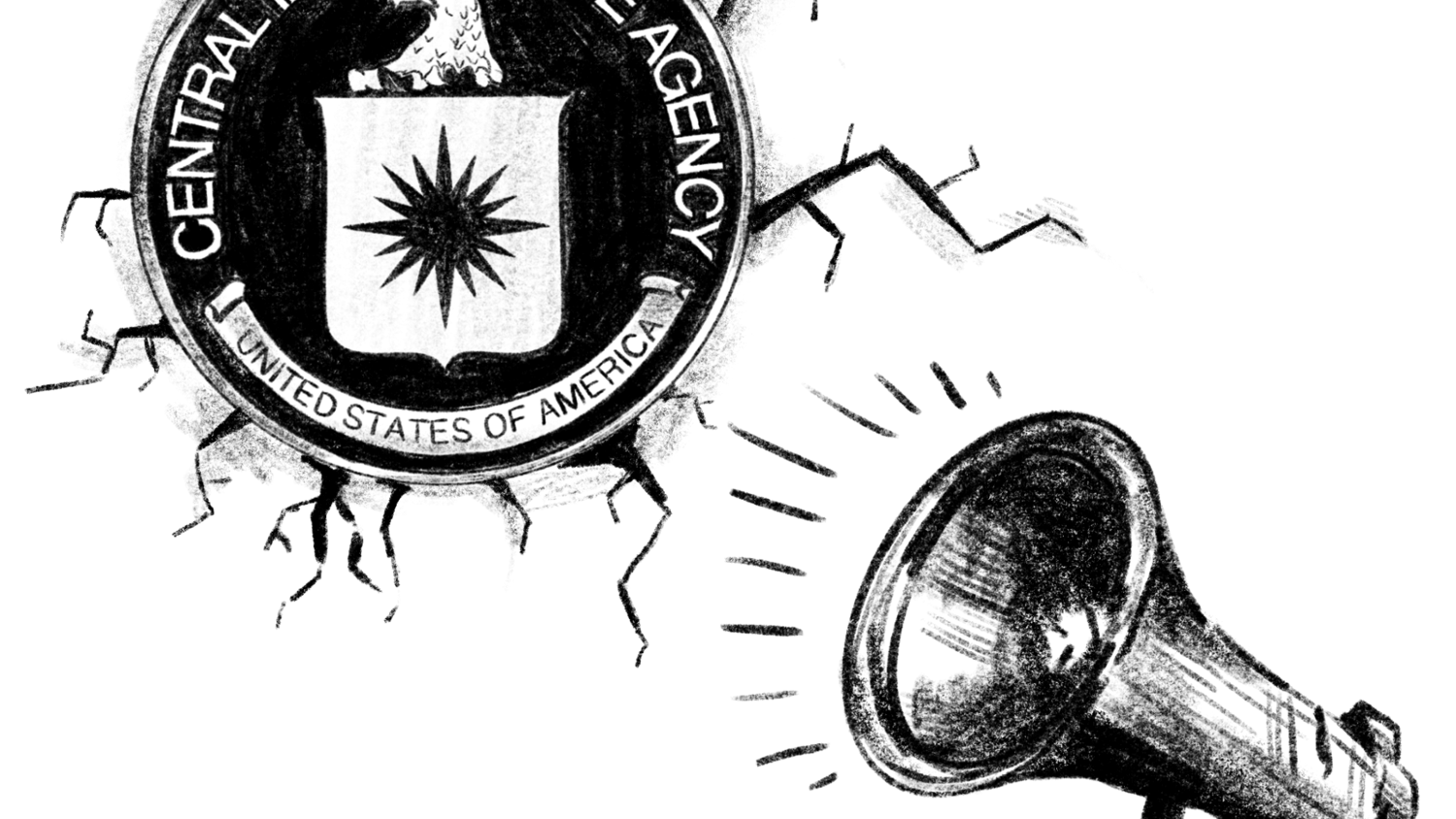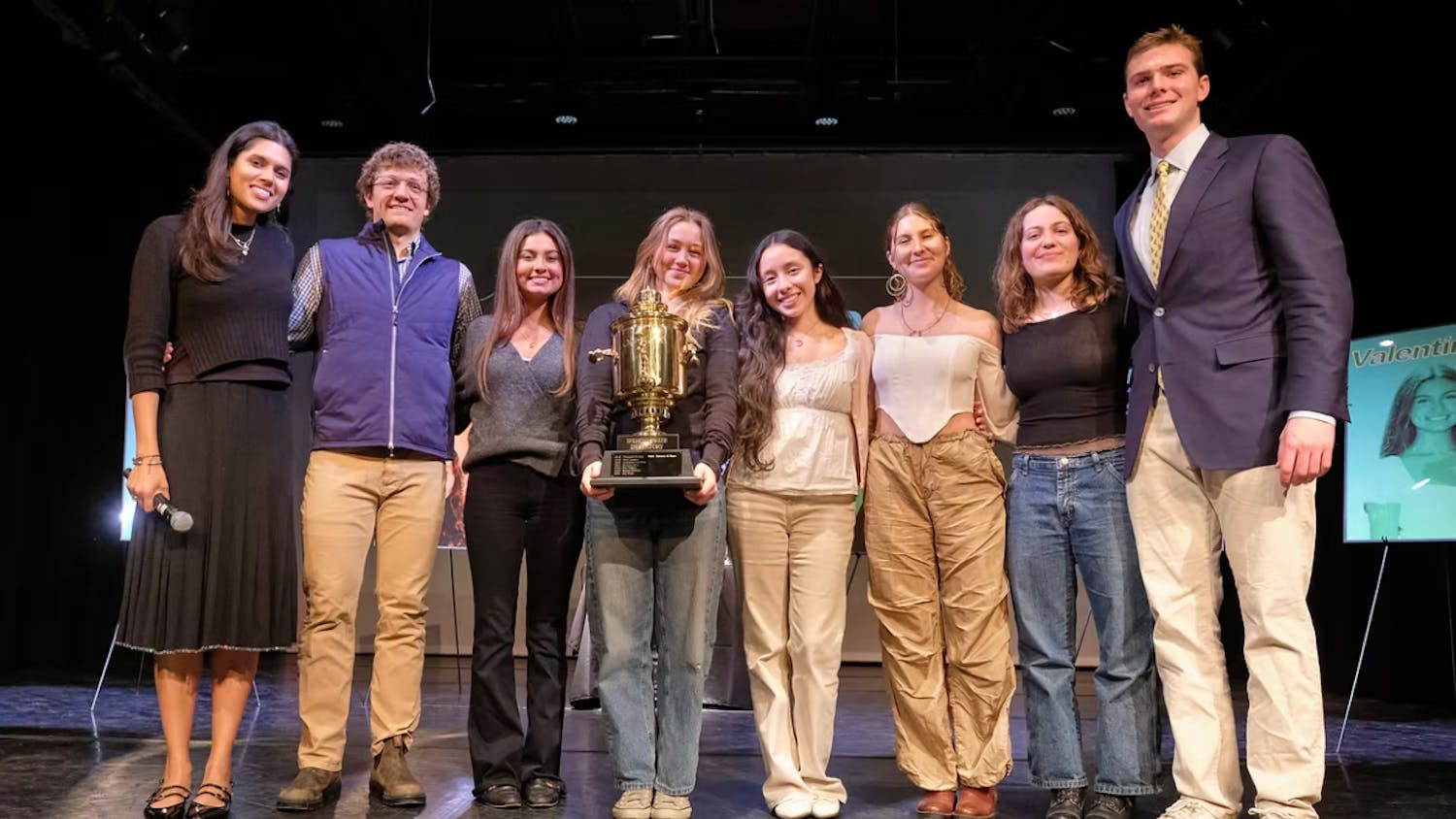Professor of History and Department Chair Rebecca Bennette has introduced an unconventional twist this fall to the standard First-Year Seminar with her course, “History, Representation, and the Graphic Novel.” Funded by the college’s Public Humanities Lab Initiative, Bennette’s class aims to use the unique graphic novel format as an innovative approach to increase the accessibility of history for students and prove the continued value of history in the modern world.
“I think we are in a very particular moment now, with really trying to show how the humanities are relevant, and how they go beyond the walls of academia. A lot of the research we do as historians has to ensure that these historical topics are accessible, and that these topics have value,” Bennette told The Campus.
In order to properly prepare herself to teach about graphic novels, Bennette attended graphic novel workshops, academic presentations about graphic novels and even took courses in drawing and cartoon illustration leading up to this fall semester.
“In many ways, this was a reflection of my motto throughout college and graduate school: ‘Just keep trying,’” Bennette said. She explained that when she took a history course at Johns Hopkins University that was outside her original chemistry major, she switched her major because she discovered that history is not always the rote memorization or recitation of facts that upon which high school history classes tend to rely.
“This idea of facts and memorization is just not what real history is about at all,” she said.
After completing her undergraduate degree and applying for a wide array of post-graduate programs — ten law schools, a position as an English teacher in Japan and five doctorate programs in history — Bennette was preparing to enroll in the University of Chicago Law School when she received an interesting letter from Harvard University. Harvard offered for Bennette to visit the campus to explore the university’s history department and meet with the colleagues Bennette would work with if she was to accept a spot as a PhD candidate.
Bennette enrolled in the Harvard program, excited by its flexibility and opportunities it provided.
“Let’s just try it out,” she said of her thought process at the time, a mantra that would carry her all the way to a tenured position in the History department at Middlebury.
That mantra would also encourage her to create a First-Year Seminar in which history was explored through the study of graphic novels, a medium sometimes conventionally seen as inadequately equipped to teach, explore and contend with weighty topics.
Bennette, whose research focuses on German history, found a solid foundation for the course in Maus, by Art Spiegelman, the graphic novel that legitimized the potential for serious historical content to be expressed through cartoons and art, she said.
The 296-page Pulitzer Prize-winning work depicts the experiences of Polish Jews during the Holocaust, and is one of the graphic novels on the syllabus for Bennette’s First-Year Seminar course.
“I also browse graphic novels when purchasing them for my daughter, and I noticed that in the last several years, many graphic novels have been devoted to dealing with atrocities,” Bennette said. “What is really interesting is the question of why people who are not graphic novelists by trade choose this medium?”
Logan Wang ’27, a student in Bennete’s First-Year Seminar, said he appreciates the innovation in using graphic novels and illustrations rather than traditional academic articles.
“The graphic novels are less daunting, and allow greater accessibility to the general public,” Wang said. “For those of us who are visual learners, like me, you struggle with the wall of text. The graphic novels are easier to visualize, but that does allow the author to have a great amount of power by dictating what you see.”
Brooke O’Toole ’27, also enrolled in Bennette’s First-Year Seminar this fall, similarly found the use of graphic novels in the class to be uniquely enriching, noting how the boundaries of historical study are expanded when stories take the artistic and visual forms of graphic novels.
“Looking at history through the lens of a graphic novel adds another dimension, specifically pertaining to empathy and how connected we feel to the stories that we are discussing,” O’Toole said. “I think Professor Bennette does a really good job of making us think critically about what we are reading.”
Recently in the course, groups of students had to complete their own graphic panels representing a chosen scene from a historical atrocity.
“Making our own comic panels forces us to delve deep into an issue and find ways of expressing our own visual metaphors and interdisciplinary connections,” O’Toole said.
Professor of History and First Year Seminar Director Amy Morsman commended Bennette’s innovative approach to teaching history, and spoke with The Campus about the importance of finding and implementing new, engaging methods of historical pedagogy.
“The study of history is about human drama, and trying to get our hands on artifacts of the past that tell stories,” Morsman said. “Using graphic novels is inventive and creative and emphasizes the human drama of history. I am all for it.”
Morsman explained that as First Year Seminar Director, she is always seeking new pedagogical approaches and methods to reach first-years as they begin their academic life at Middlebury. Bennette’s course, Morsman said, pushes these students to think about writing and college-level work in new, surprising ways.
“I think it will give the students pause about what writing is, and what it looks like at the college level. I can imagine that she is having some interesting conversations with the students — not only about history and the content of history, but about how we do research and how we understand it and how we write about it,” Morsman added.

Cole Chaudhari '26 (he/him) is the Senior News Editor.
Cole has previously served as a Managing Editor, News Editor, Copy Editor, and Staff Writer. He is majoring in History and English Literature, and spends his time outside of the newsroom reading about sound reproduction technologies and making field recordings. This past summer, he taught high schoolers at a summer program at a boarding school in New Hampshire.




